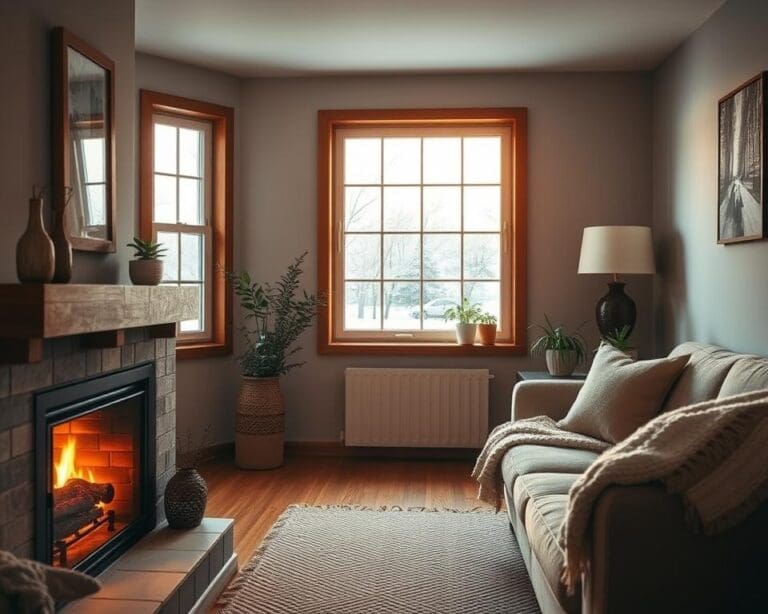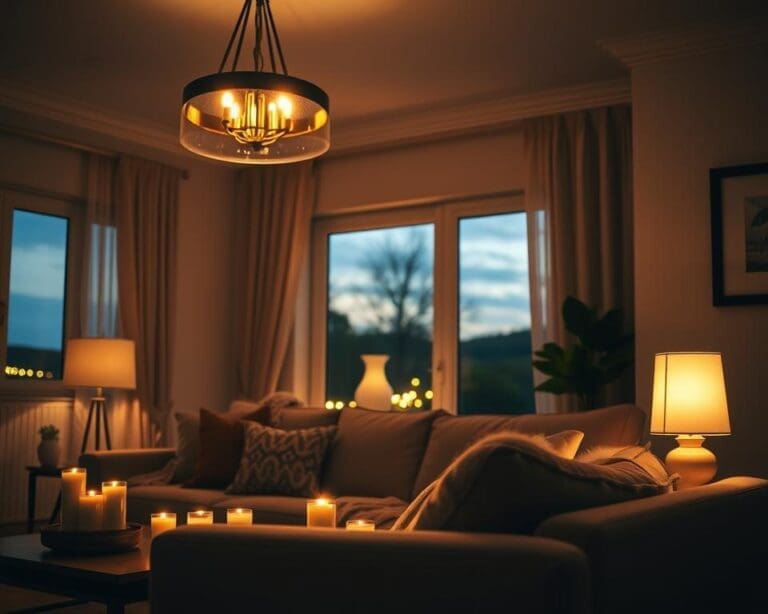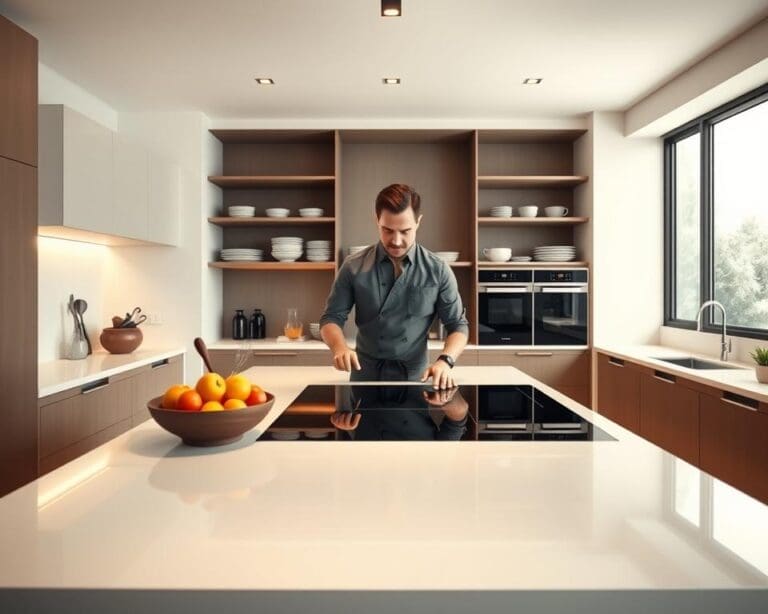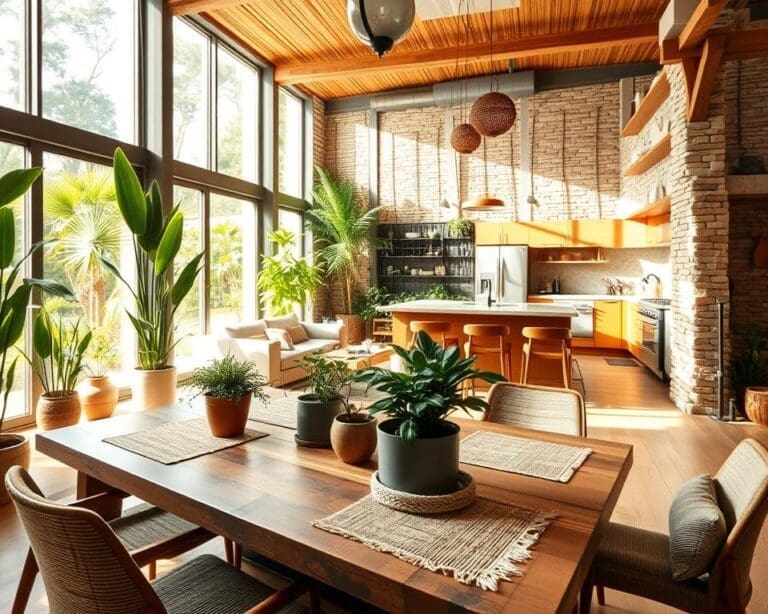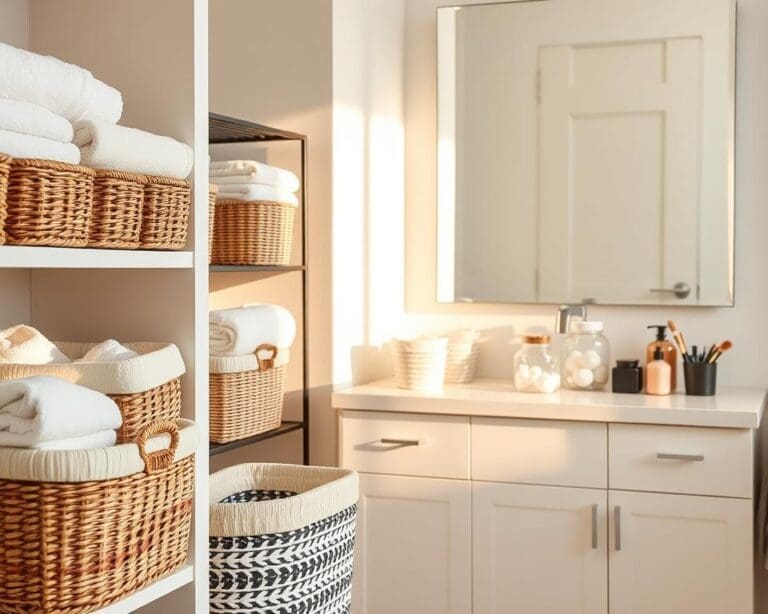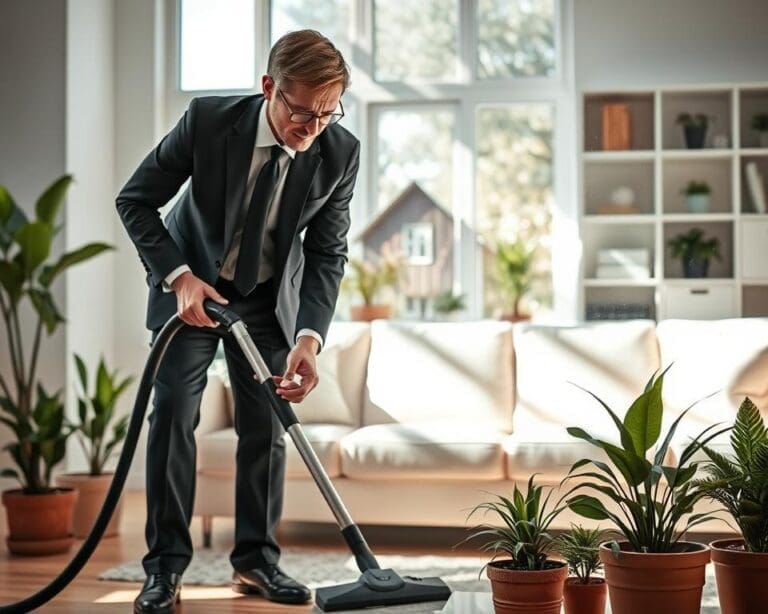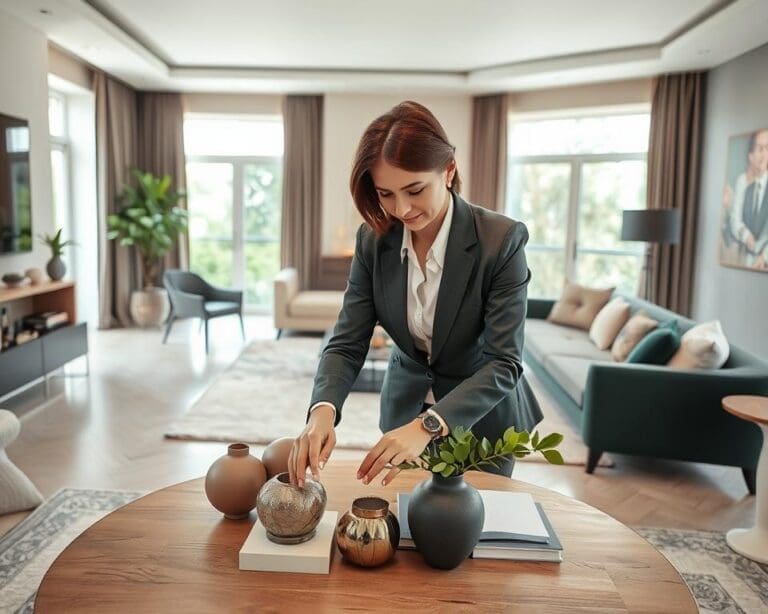In an increasingly chaotic world, the need to simplify space and cultivate a clear mind has never been more essential. Many are discovering that by decluttering their physical environment, they can also enhance their mental well-being. This article delves into the profound connection between our surroundings and our mental states, offering practical decluttering tips that align with a minimalist lifestyle. Through mindfulness and intentional organisation, individuals can create not only serenity in their homes but also foster a more productive and peaceful mindset, paving the way for a balanced life.
The Importance of Simplification in Everyday Life
Simplification plays a crucial role in enhancing our daily lives. By embracing the benefits of simplification, individuals can create a clear space that fosters creativity and boosts productivity. A clutter-free environment not only calms the mind but also encourages focus and efficiency, allowing one to thrive in both personal and professional settings.
Benefits of a Simplified Space
One of the primary benefits of simplification is the creation of an organised environment. Research indicates that decluttering leads to increased mental clarity and stress reduction. A tidy space contributes to a serene atmosphere, making it easier to think clearly and creatively. The benefits of simplification extend beyond aesthetics; they influence overall wellbeing and satisfaction in life.
Mental Clarity through Organisation
An organised environment directly correlates with improved mental clarity. Studies show that clutter can lead to distraction and cognitive overload, hindering productivity. When spaces are well-organised, individuals experience greater focus and reduced anxiety. By practising simplification, anyone can unlock their full potential and enjoy the many benefits associated with mental clarity.

How to simplify your space and your mind
The journey towards a more organised and simplified life begins with a well-crafted decluttering plan. By approaching the task systematically, individuals can create a positive atmosphere that encourages both physical and mental clarity.
Creating a Decluttering Plan
A successful decluttering plan focuses on actionable steps aimed at transforming your space. One effective technique involves the ‘one in, one out’ rule, promoting balance by ensuring that every new item acquired leads to the removal of another. This helps maintain an organised environment without overwhelming clutter. Additionally, categorising possessions into three groups—keep, donate, and discard—enables a clearer mindset during the decluttering process.
Set realistic goals for each decluttering session. By breaking the task into manageable time slots, individuals can maintain energy and motivation while working towards simplifying their lives. For instance, dedicating fifteen minutes each day to declutter a specific area can lead to significant progress over time.
Mindfulness and Its Role in Simplification
Mindfulness plays a crucial role in the art of simplification. By engaging in practices like meditation and focused breathing, individuals can develop a deeper awareness of their emotional attachments to certain items. This heightened consciousness facilitates better decision-making when evaluating what to keep or let go. Such organisation strategies encourage a reflective approach to one’s belongings, enhancing mental clarity.
As noted by experts in the field, including Jon Kabat-Zinn, incorporating mindfulness into daily routines can profoundly affect our ability to declutter. Recognising the emotions tied to possessions allows one to approach the decluttering process with intention and purpose, ultimately leading to a simplified life.
Effective Strategies for Decluttering Your Home
Embracing effective decluttering strategies can greatly enhance both your physical living space and mental well-being. Understanding what to keep and what to discard is a crucial first step toward achieving a harmonious home organisation. These thoughtful choices lay the foundation for serene spaces that promote relaxation and clarity.
Choosing What to Keep and What to Discard
When deciding what to keep, consider the following criteria:
- Frequency of Use: Evaluate how often you use each item. If it hasn’t been touched in months, reconsider its place in your home.
- Emotional Value: Some items bring back cherished memories. Prioritise these while allowing less meaningful possessions to go.
- Practicality: Ensure that belongings serve a clear purpose. If an item doesn’t enhance your daily life, it may be time to let it go.
The popular Marie Kondo method encourages individuals to ask, “Does this spark joy?” This simple question can guide your decluttering journey, making it more intuitive and enjoyable.
Spaces that Promote Serenity
Creating serene spaces within your home can lead to a more tranquil environment. Consider implementing the following suggestions:
- Declutter Frequently Used Spaces: Ensure that areas like the living room and kitchen remain tidy and free from excessive items.
- Embrace Natural Light: Open curtains and blinds to let in daylight, enhancing the mood and feel of your home.
- Incorporate Plants: Adding greenery not only beautifies a space but also contributes to a sense of calm and connection to nature.
Research supports that environments enriched with natural elements and minimal distractions enhance relaxation. By focusing on home organisation and creating serene spaces, individuals can transform their homes into sanctuaries of peace.
Utilising Storage Solutions for a Neater Environment
Maintaining a tidy and functional space often hinges on the storage solutions employed within your home. Innovative storage techniques can transform disorder into a harmonious environment, especially in areas where space is at a premium. Embracing creativity with *small space organisation* allows for effective utilisation of every nook and cranny.
Innovative Storage Ideas
When considering effective storage solutions, innovative ideas can be game-changers. Multi-functional furniture, such as ottomans with hidden compartments or expandable dining tables, serve dual purposes while keeping clutter at bay. Wall-mounted shelves enable vertical storage, allowing you to display decorative items while freeing up floor space. Brands like IKEA offer a plethora of options that cater to diverse storage needs, ensuring every item has its rightful place.
Maximising Small Spaces
For those navigating life in compact homes, small space organisation becomes crucial. Modular furniture allows for adaptable layouts suited to individual requirements. Under-bed storage boxes offer clever solutions for items that are seldom used but need to be accessible. Utilising vertical wall space, such as tall bookcases or pegboards, significantly enhances organisational capabilities, providing a sense of openness and efficiency within your living space.
Mental Techniques to Clear Your Mind
In an increasingly fast-paced world, focusing on mental clarity has become essential for overall well-being. Embracing mindfulness techniques and meditation benefits leads to a more serene state of mind, whilst journaling for clarity provides a deeper understanding of our thoughts and feelings.
Practising Mindfulness and Meditation
Engaging in mindfulness and meditation can transform your mental landscape. Regular practices, such as guided meditations inspired by experts like Deepak Chopra, can help centre your thoughts and reduce anxiety. These meditation techniques encourage awareness of the present moment and foster a tranquil mindset, enabling you to navigate daily challenges with ease. Many individuals experience significant meditation benefits, including improved focus, lower stress levels, and enhanced emotional resilience.
Journaling as a Tool for Clarity
Journaling serves as an effective method for achieving clarity in thought. This practice allows for reflection and helps individuals detach from chaotic internal dialogues. Techniques such as gratitude journals or free writing can bring forth suppressed emotions and highlight patterns in your mindset. Studies show that these approaches significantly reduce stress and anxiety, paving the way for improved mental clarity. Embracing journaling as a routine can ultimately contribute to a more organised mind and a fulfilling life.
Incorporating Minimalism into Your Life
Embracing a minimalist lifestyle invites one to rethink how possessions shape daily existence. At its core, the principles of minimalism encourage a shift from accumulation to intentional living, prompting individuals to focus on what truly matters. By simplifying surroundings, not only does the space become more inviting, but mental clarity often follows, reducing stress and enhancing overall satisfaction with life.
Getting started with living minimally can be a gradual journey. It’s beneficial to assess what items genuinely add value to your life and consider parting with those that do not. Aligning consumption habits with personal values is fundamental; choosing quality over quantity fosters a more meaningful existence. Many individuals who have adopted a minimalist lifestyle report a profound impact on their mental well-being, finding that less is indeed more.
Incorporating minimalism doesn’t have to be overwhelming. Begin with small steps; declutter one room at a time, engage in mindful purchasing, and consciously curate your living environments. Through these practices, the principles of minimalism can lead to a life that is not only simpler but also richer in experience and connection.


